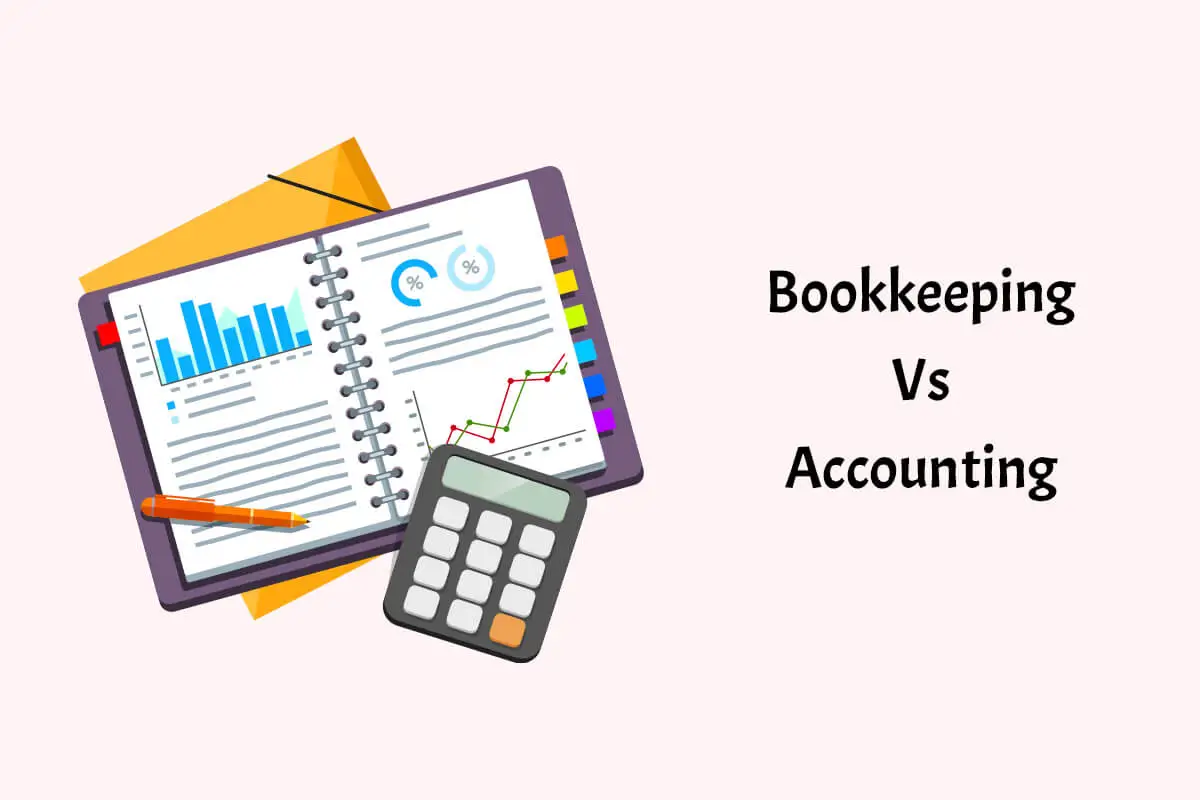
Unraveling the Intracicies:
Bookkeeping Vs Accounting
Introduction
In the intricate world of finance, two terms often used interchangeably yet vastly different in their roles and responsibilities are bookkeeping and accounting. While both are pivotal in the financial health and operations of a business, understanding their distinct functions can help clarify their unique contributions and importance.
Bookkeeping: The Foundation
At its core, bookkeeping is the meticulous process of recording all financial transactions of a business. It’s the backbone of financial management, ensuring every penny is accounted for. Here are the key responsibilities of a bookkeeper:
- Recording Transactions: Bookkeepers document every financial transaction, whether it’s a sale, purchase, payment, or receipt. This involves maintaining accurate and detailed records.
- Maintaining Ledgers: They manage the general ledger, a comprehensive record of all financial transactions over the life of a business.
- Reconciling Accounts: Bookkeepers regularly compare the company’s records against bank statements to ensure consistency and accuracy.
- Managing Receipts and Invoices: They handle the documentation of financial exchanges, ensuring all receipts and invoices are accurately recorded and filed.
Accounting: The Interpretation
Accounting, on the other hand, goes beyond just recording transactions. It involves interpreting, classifying, analyzing, reporting, and summarizing financial data. Here are the primary roles of an accountant:
- Financial Analysis: Accountants examine financial statements to identify trends, insights, and opportunities for improvement.
- Reporting: They prepare financial statements, including balance sheets, income statements, and cash flow statements, to provide a clear picture of the business’s financial health.
- Tax Compliance: Accountants ensure that businesses comply with tax laws, preparing tax returns and planning strategies to minimize tax liabilities.
- Auditing: They conduct audits to verify the accuracy of financial records and ensure compliance with regulations and standards.
- Financial Planning: Accountants provide strategic advice on financial planning, helping businesses set budgets, forecast future financial performance, and make informed decisions.
Key Differences
While bookkeeping and accounting are intertwined, they are distinctly different in several ways:
- Scope of Work: Bookkeeping focuses on the day-to-day recording of transactions, whereas accounting encompasses the broader analysis and interpretation of that data.
- Objectives: The primary goal of bookkeeping is to maintain accurate records, while accounting aims to provide insights and guidance based on those records.
- Complexity: Bookkeeping is more procedural and transactional, whereas accounting requires analytical skills to interpret and use the financial data for strategic decision-making.
- Tools and Techniques: Bookkeepers use tools like ledgers and journals, while accountants use financial statements and various analysis techniques.
Conclusion
In summary, while both bookkeepers and accountants are essential to a business’s financial operations, they play fundamentally different roles. Bookkeepers lay the groundwork by meticulously recording transactions, while accountants build on this foundation, using the recorded data to provide insightful analysis and strategic advice. Recognizing these differences can help businesses make informed decisions and ensure robust financial health.
—
By shedding light on these distinct roles, businesses can better appreciate the crucial contributions of both bookkeepers and accountants, fostering a more cohesive and efficient financial management system.

